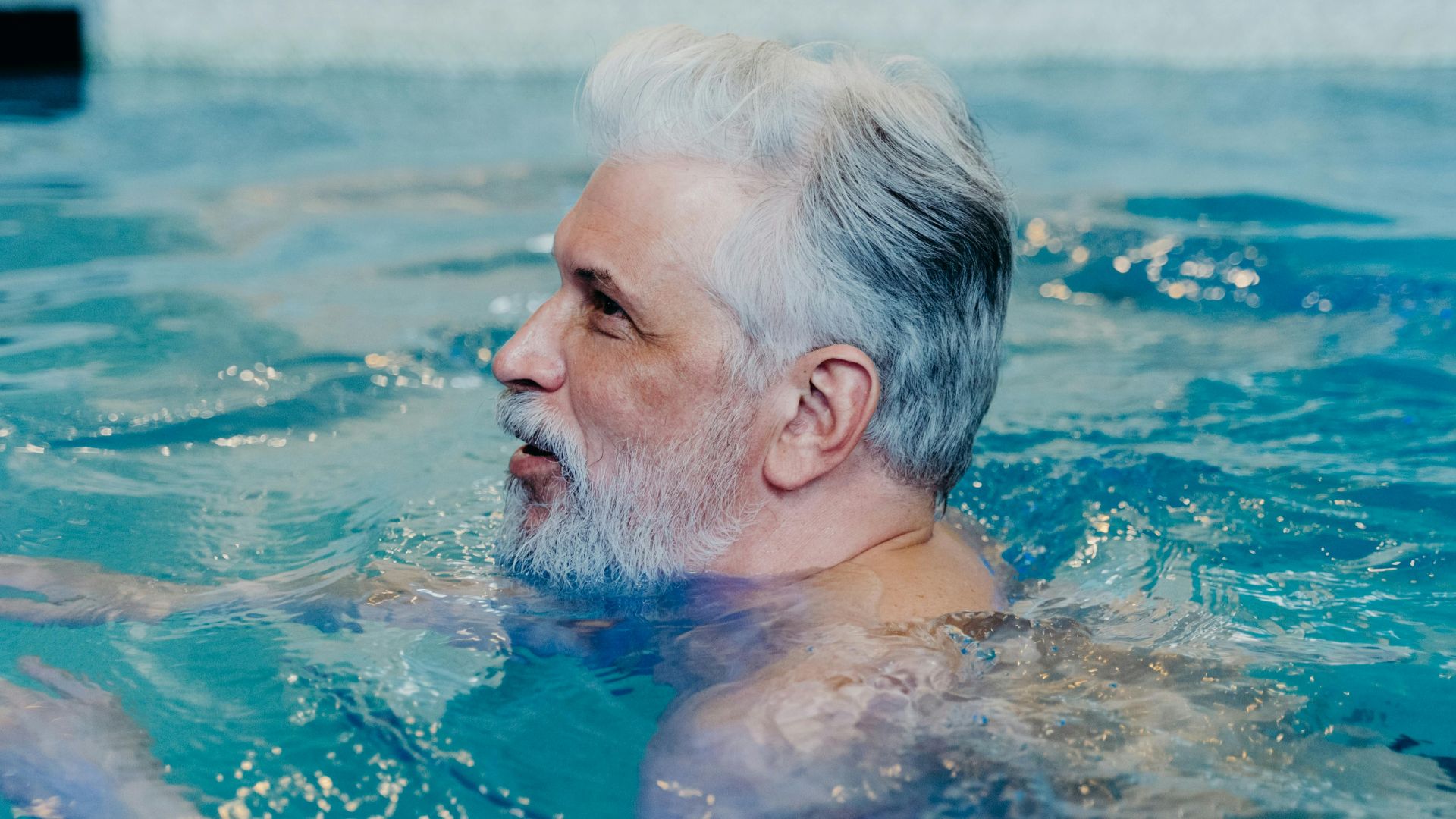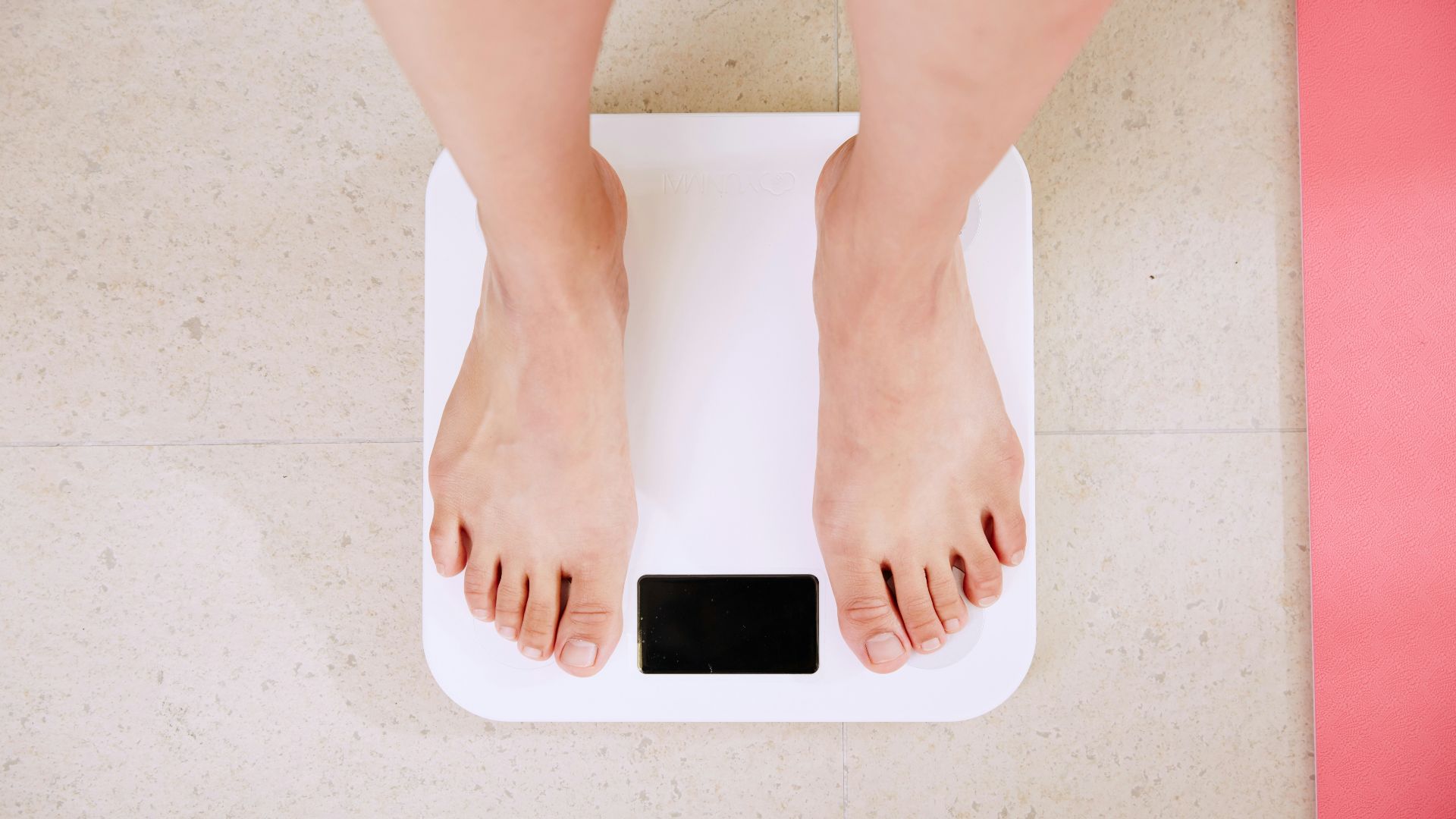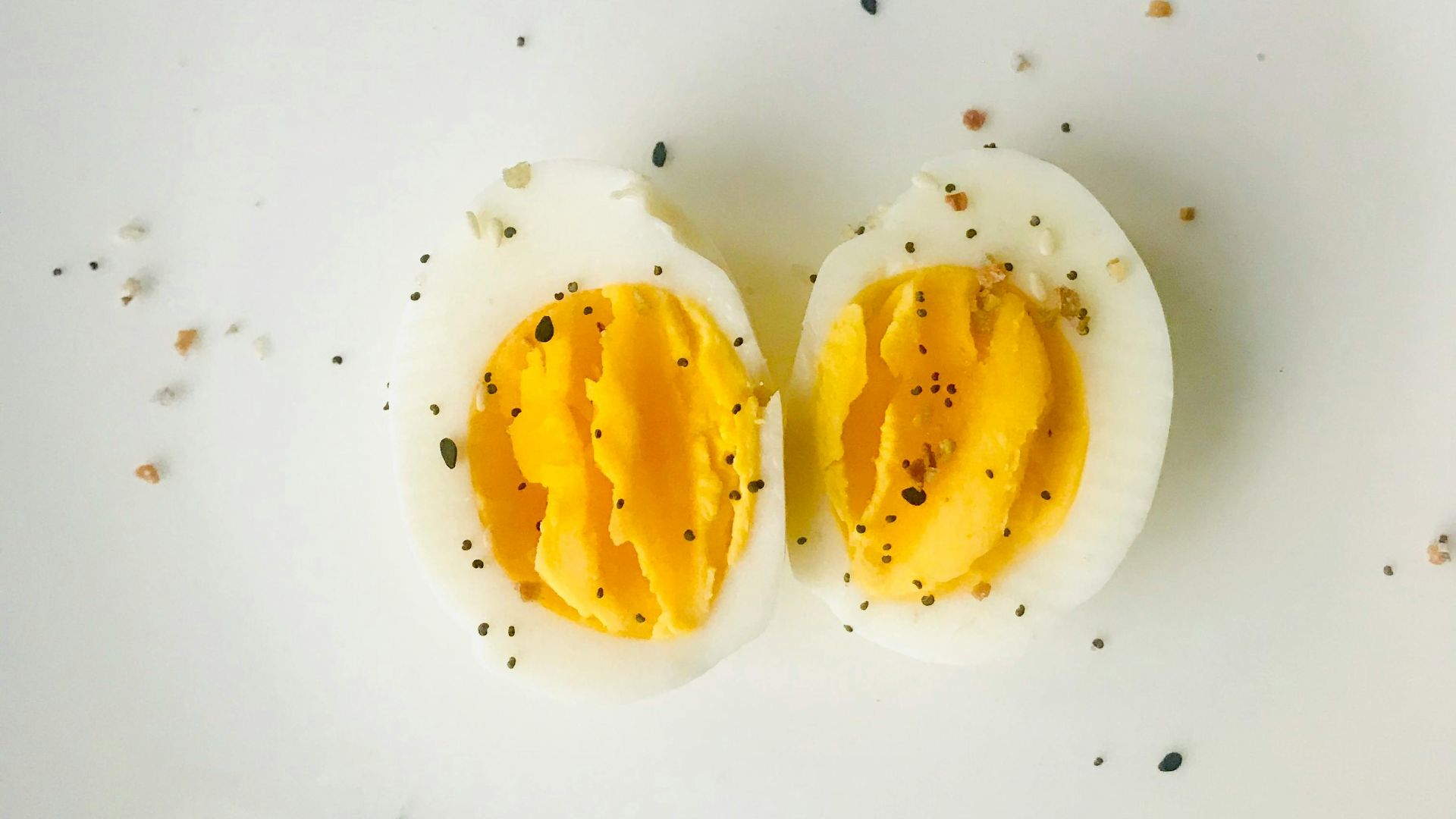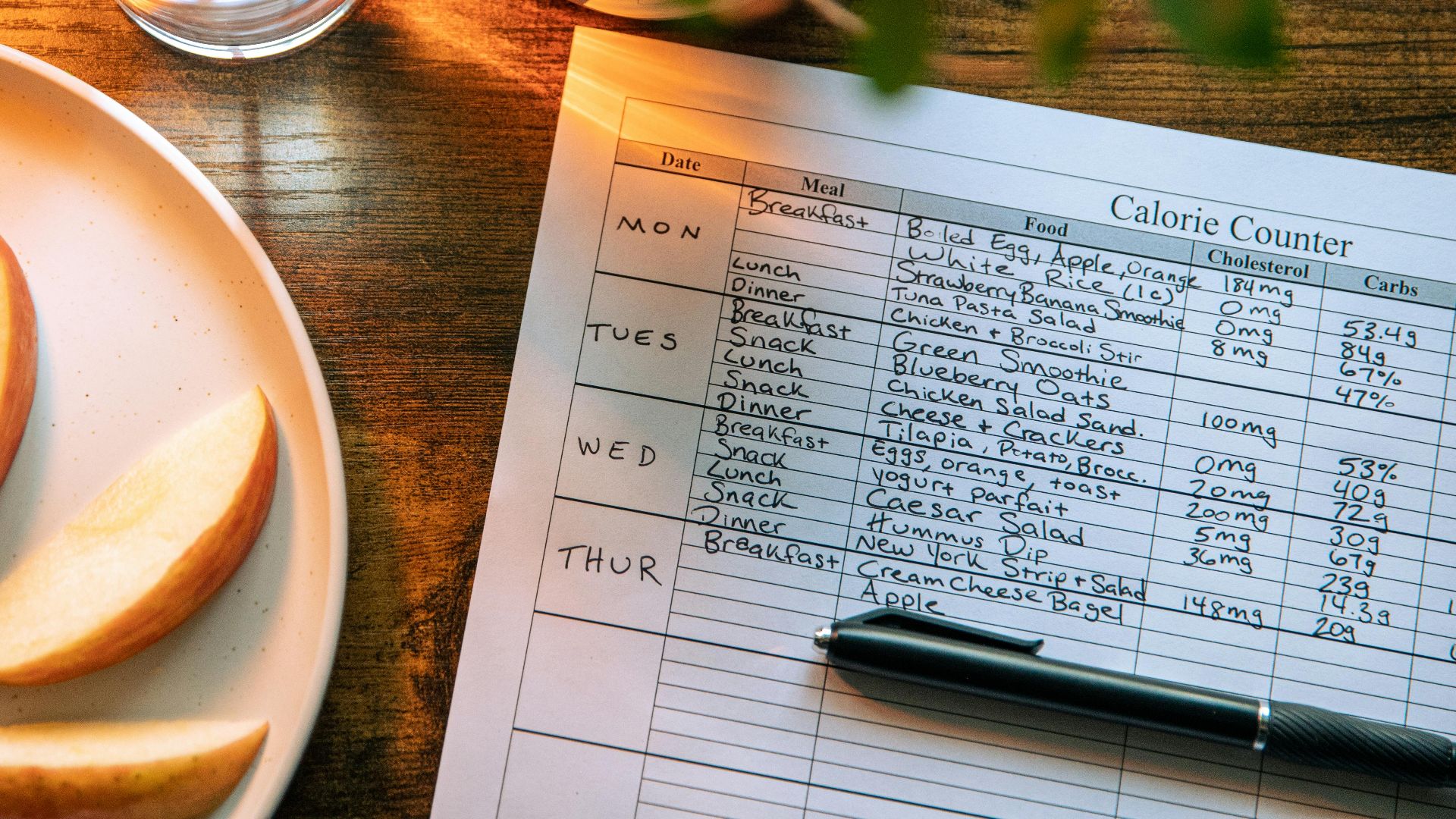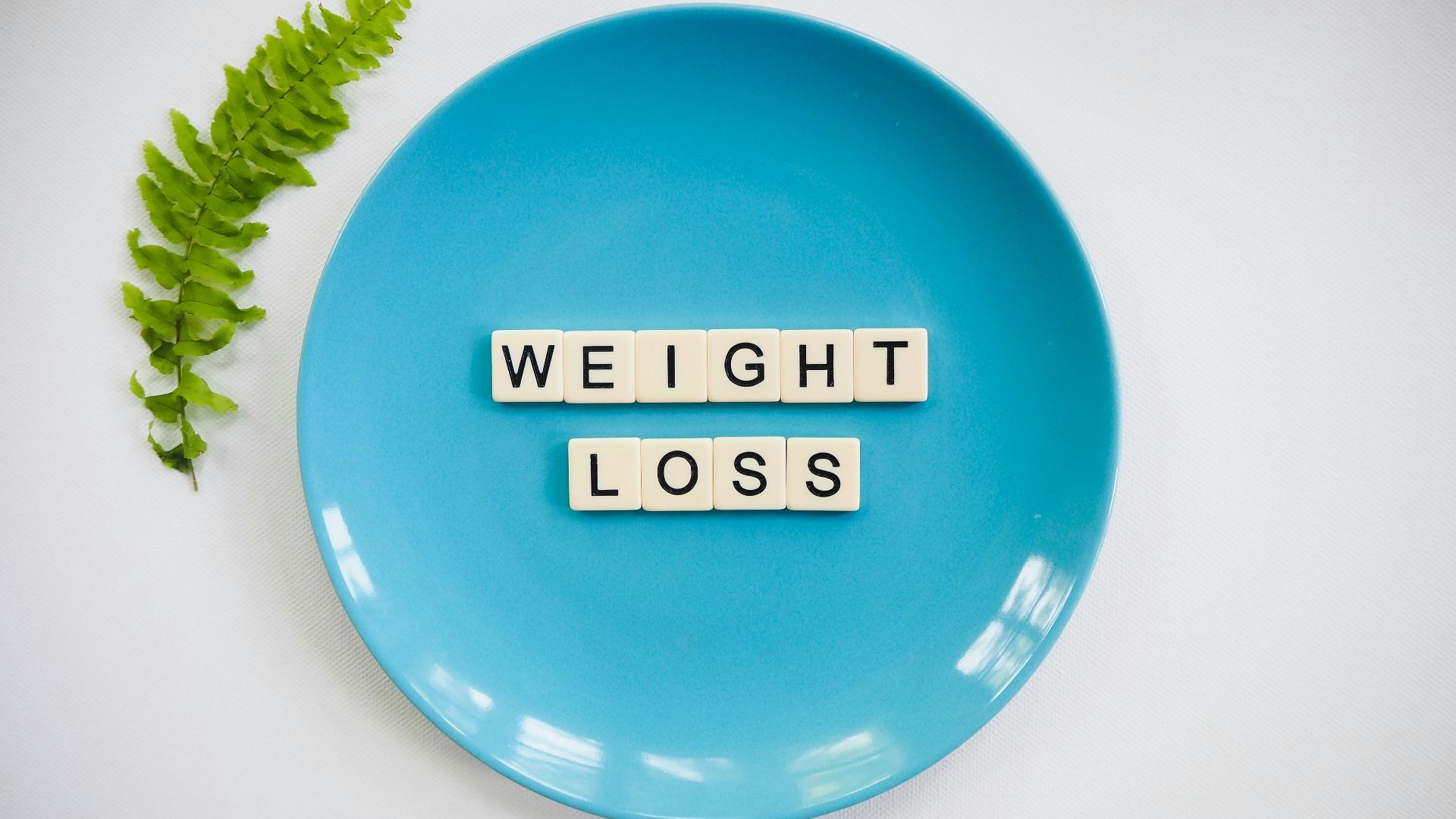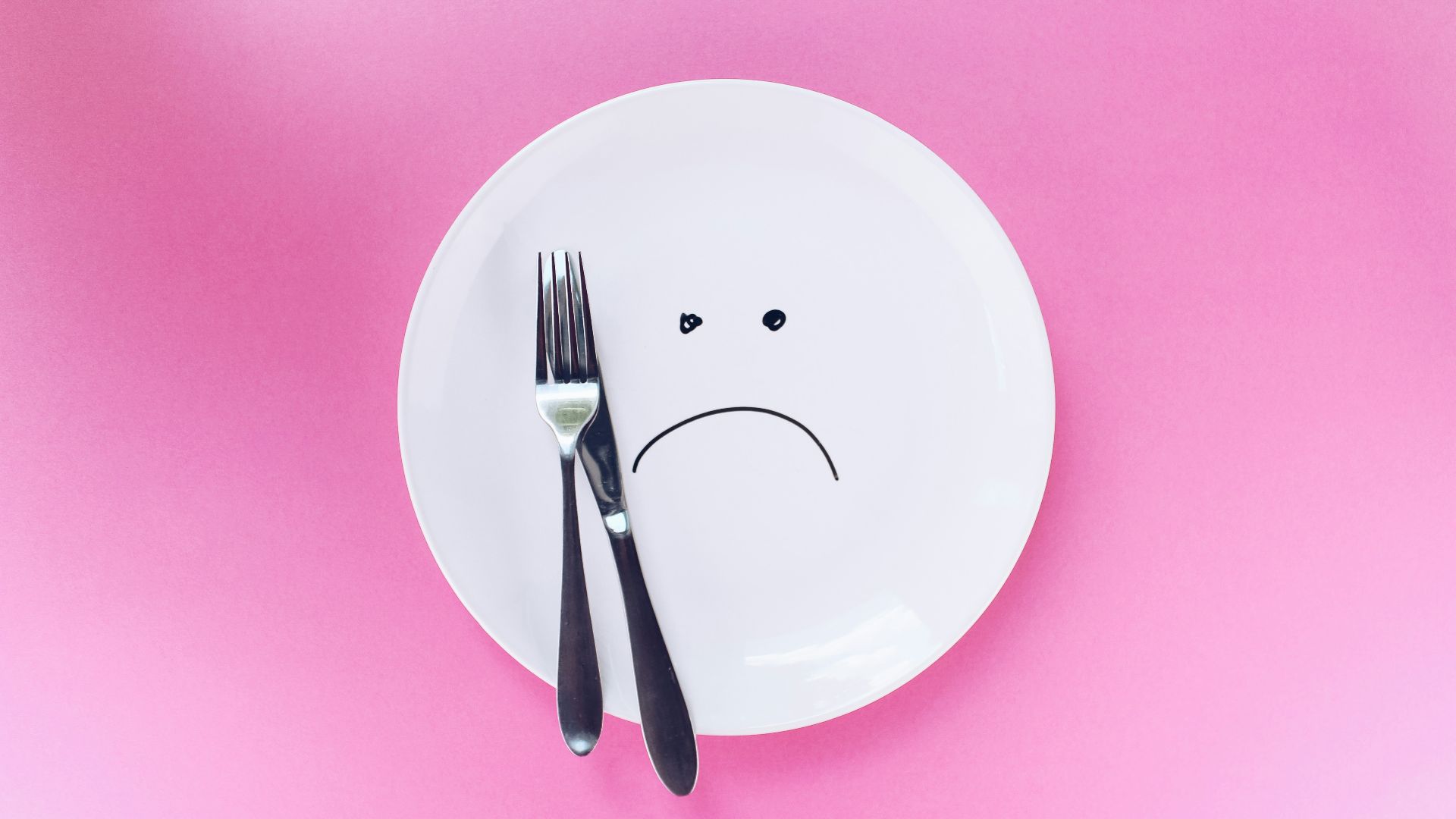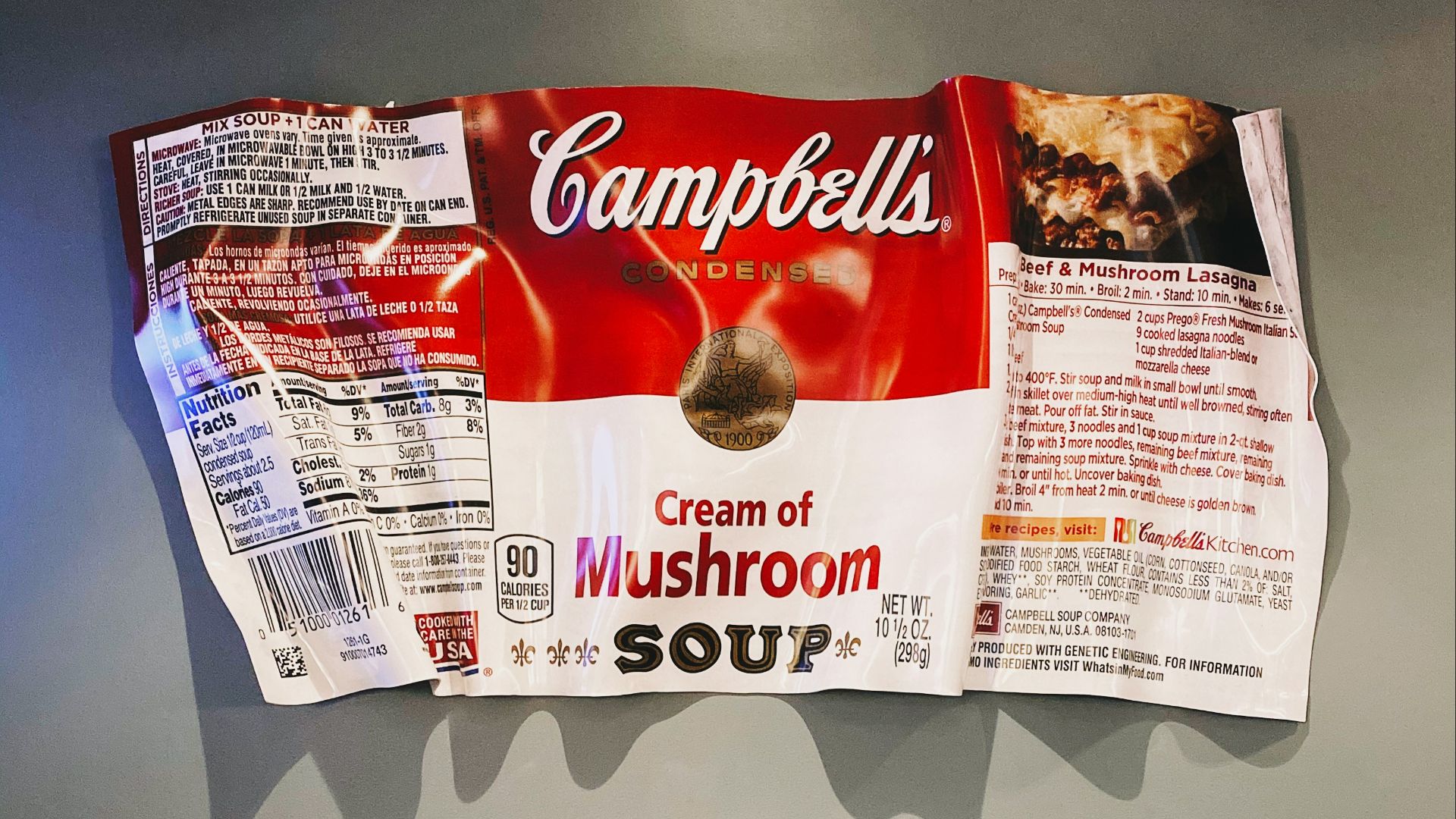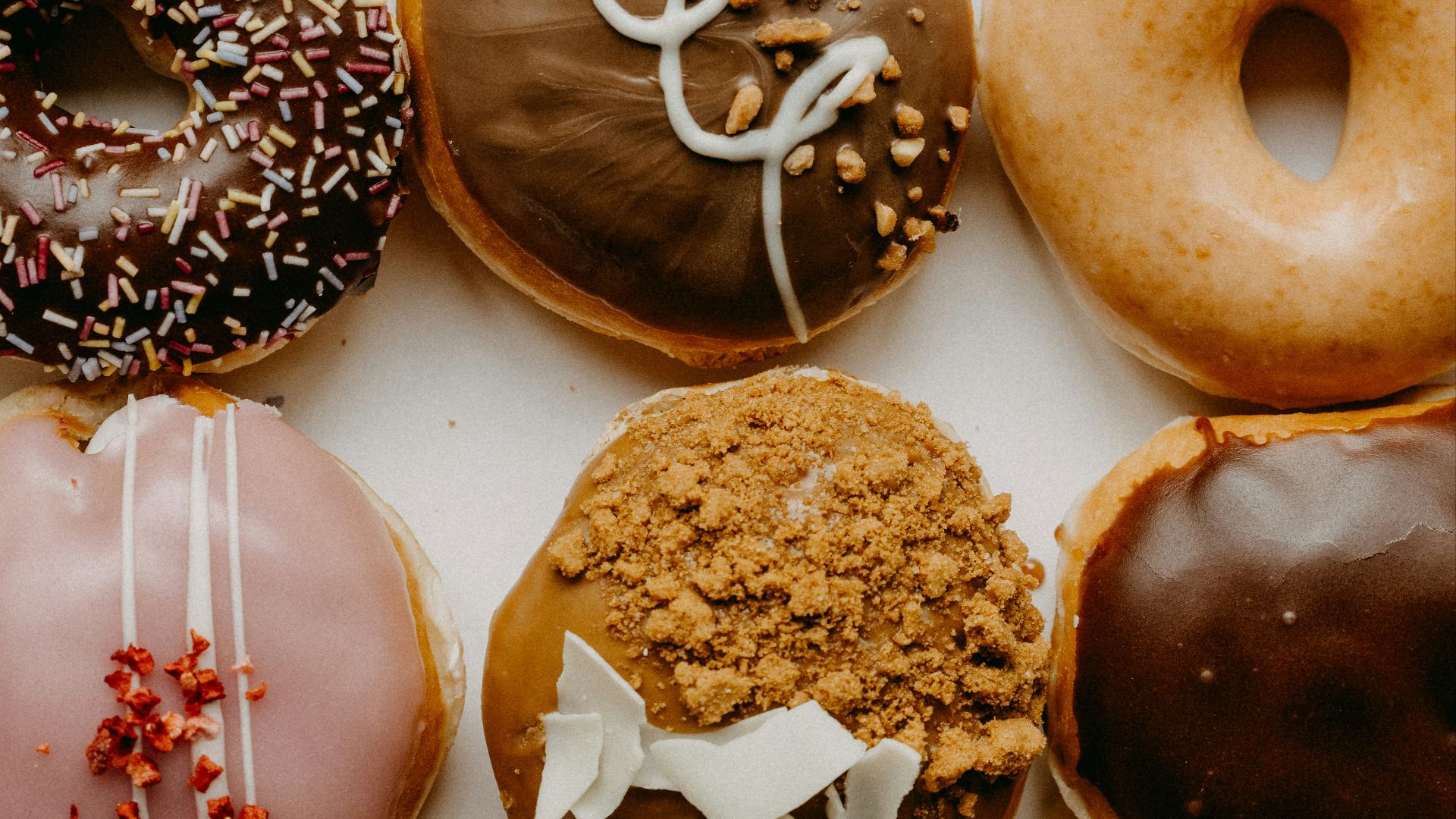How to Lose Weight the Right Way
Weight loss has been a talking point for decades now. Between fad diets and social media influencers, we’re bombarded with new regimens and supplements that supposedly burn fat. Quick solutions are tempting, but they’re also a leading cause of self-esteem issues and unhealthy lifestyles. With that, let’s explore the 10 best and worst ways to lose weight naturally.
1. Eat More Protein
Protein is a fantastic way to stay healthy and shed pounds. It triggers our appetite hormones and lets us feel full for longer. By working foods like almonds, eggs, and lean meat into your diet, you’ll get those vitamins and nutrients without reaching for a snack two hours later.
2. Keep a Food Diary
It might be a rude awakening, but food journals track every calorie and show areas for improvement. You’ll learn where to incorporate more protein, which snacks to swap out, and if you’re missing any nutrients. More than losing weight, food journals maintain overall health!
3. Consider Intermittent Fasting
Intermittent fasting isn’t for everyone, so it’s best to speak with your doctor beforehand. However, if you’re given the green light you can look into various methods like fasting for two days out of the week or for a set number of hours each day.
4. Drink More Water
Water does all sorts of amazing things for our bodies, least of all helping us to eat less and cut back on sugar. Try drinking a glass of water at least 30 minutes before meals—some studies found that water fills our bellies enough to prevent overeating. Swapping soda or alcohol with water also reduces sugar intake.
5. Use Smaller Plates
As much as we love our full-sized dinner plates, smaller ones help with portion control. They help us visualize exactly how much we need to eat, which puts current diets into perspective! Full plates, on the other hand, coerce us into finishing everything in front of us, even if it's too much.
6. Maintain a Workout Routine
There’s no getting out of it—healthy bodies require exercise. While you don’t need to over-exert yourself (which is actually dangerous), you should speak with a trainer or doctor about the right workout routine for you. Light cardio, strength training, and frequent walks shed those pounds and keep them off for good.
7. Reduce Your Sugar Intake
We have good news and bad news. The good news is that balanced diets aren’t necessarily sugar-free. The bad news is that you’re probably consuming more sugar than you think, which not only wreaks havoc on your waistline but also increases the risk of diabetes and heart disease. Pay attention to food labels and work with your physician to maintain a healthy weight.
8. Get Enough Sleep
Believe it or not, sleep plays just as big a role in weight loss as exercise and diet. In fact, studies have found that a poor night’s sleep is often associated with obesity. The reason why is that sleep affects our metabolism—without enough rest, our metabolism lowers and makes it harder to lose weight. The healthiest adults score seven to nine hours of sleep a night, so aim for more Zs!
9. Practice Mindful Eating
Mindful eating habits make all the difference between a good diet and a poor one. Invest in strategies that encourage a healthy relationship with food: savor each bite, maintain fair portions, and opt for balanced nutrition.
10. Manage Stress Levels
We can’t always eliminate stress, but we can take steps toward managing it. Studies show that chronic stress alters our blood sugar levels and increases our appetite—we’re then left with an anxious mind craving fatty food. Curb those habits and treat yourself to stress-free activities like yoga, hobbies, or a simple timeout from screens.
Now that we know the healthier ways to lose weight, let’s explore some unhealthy habits to ditch immediately.
1. Crash Diets
Crash diets were all the rave a few years ago, each one promising to burn fat at inhuman speeds. But they were often dangerous and impeded a truly healthy lifestyle, which is exactly why you should avoid them! Crash-and-burn diets only serve you in the short term; they don’t provide sustainable solutions or keep the weight off, and they usually end in regression.
2. Extreme Calorie Restriction
There’s no quick way to lose weight—only healthy, steady progress. Extreme deficits don’t do anything but reduce the nutrients your body needs to thrive. Restrictions also create a negative mindset toward food, often leading to unhealthy attitudes and unnecessary guilt.
 Rachael Gorjestani on Unsplash
Rachael Gorjestani on Unsplash
3. Unrealistic Goals
Don’t fly too close to the sun! It’s great to have a finish line, but unrealistic goals only get in your way. Proper weight loss is usually one to two pounds per week, so avoid pushing yourself too hard. You’ll have a better chance of success and won’t get down on yourself.
4. Skipping Meals
On the surface, skipping meals seems like an easy way to streamline weight loss. In reality, skipped meals do more harm than good. They impede vitamin intake, can lead to dizzy spells, and zap all your energy. It’s best to eat healthy, protein-rich foods throughout the day—you’ll stay fuller for longer and give your body the fuel it needs.
5. Avoiding Food Labels
Just because something looks healthy doesn’t mean it is. For example, flavored yogurt is often packed with preservatives and sugar. Dried fruit is loaded with sugar and drained of water. Pay attention to what you stick in your grocery cart! Those labels keep you informed and make weight loss much easier.
6. Working Out the Wrong Way
Whether you work out too much or don’t work out enough, either can be a disaster for your health. Pushing yourself too hard damages muscle and can even cause injury while a lack of exercise exacerbates weight gain and poor mood. The trick is to find the right balance; speak with your doctor about which routines make the most sense!
7. Exaggerating Workout Results
Fitness trackers give insight into your heart rate and how many calories you lost—don’t fudge the numbers! By having an accurate representation of your hard work, you’ll stay on track without worrying you haven’t done enough.
8. Trying to Speed Run Weight Loss
From diet pills to unhealthy eating, many people try to rush the process. While we’d all love to lose 50 pounds in a month, there’s a right way and a wrong way to lose weight, and the wrong methods cause injury, self-esteem issues, and nutrient deficiencies. Do it right and keep those pounds off permanently!
9. Obsession With the Scale
Weekly check-ins monitor your progress, and they’re an important part of weight management. However, don’t obsess over the numbers. Many things cause weight fluctuations, so don’t beat yourself up if progress plateaus or those numbers don’t immediately drop.
10. Cutting Out Food
Healthy eating isn’t about swearing off the food you love, it’s about moderation. Unless your doctor recommends it, there’s no need to cut out certain foods entirely. Work with your physician to build a meal plan that best suits your lifestyle. You’ll be surprised just how much of the good stuff you can keep!
KEEP ON READING

10 Dos & 10 Don'ts of Cheat Days

20 Health “Facts” Almost Everyone Still Gets Wrong

20 Ways to Deal With Your Sweet Tooth
